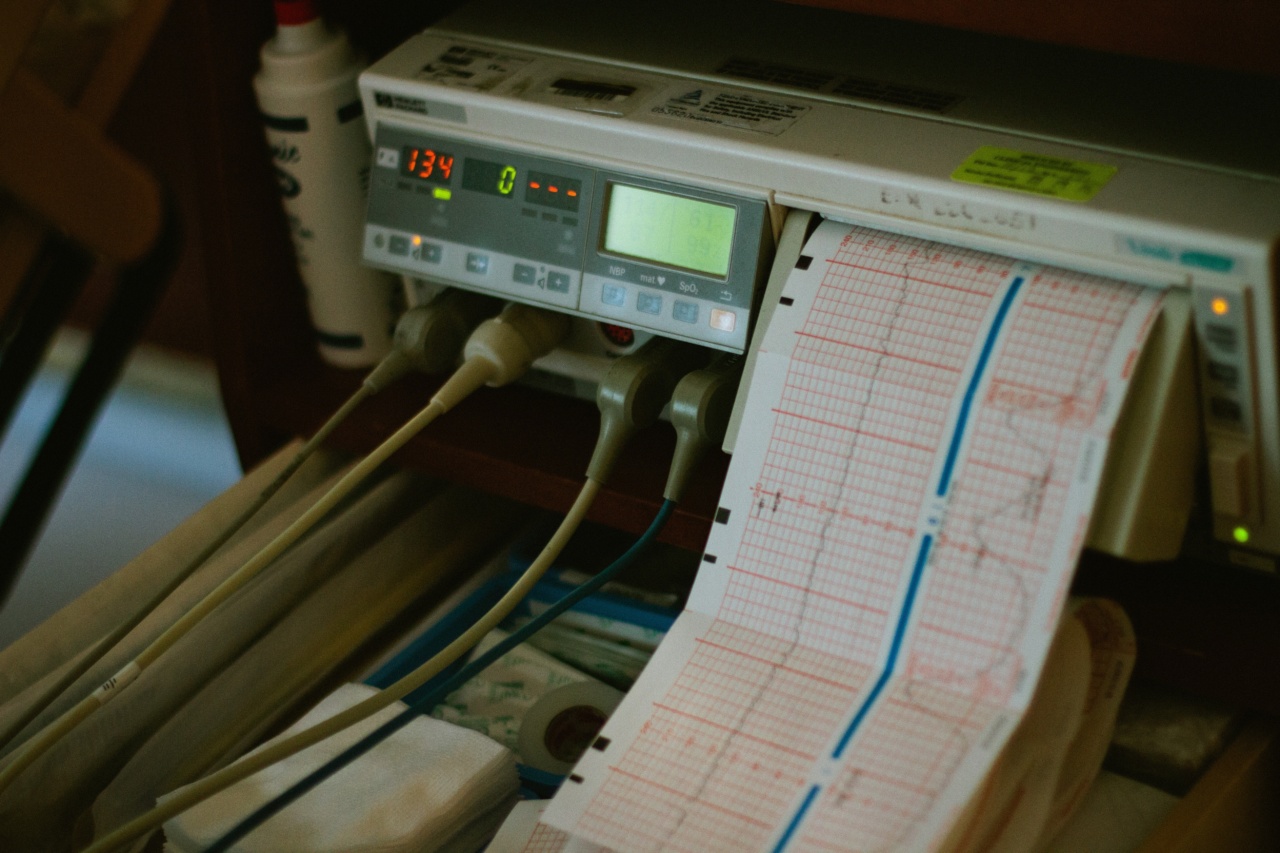The emergence of the omicron variant of COVID-19 has raised concerns about its potential impact on public health worldwide.
As researchers scramble to understand the new mutation and develop effective strategies to contain its spread, the need for accurate and efficient testing has become even more crucial. Rapid tests have been widely used as a screening tool throughout the pandemic, but their effectiveness in detecting the omicron variant remains a topic of debate.
Understanding Rapid Tests
Rapid antigen tests are designed to detect specific proteins associated with the virus.
Unlike RT-PCR (reverse transcription-polymerase chain reaction) tests, which detect the genetic material of the virus, rapid tests provide results within minutes, making them convenient and accessible for mass testing efforts.
These tests work by collecting a sample, typically a nasal or throat swab, and then applying it to a testing device. The device contains antibodies that can recognize and bind to the viral proteins.
If the virus is present in the sample, it will bind to the antibodies, resulting in a positive test result.
Limitations of Rapid Tests
While rapid tests have been useful in detecting several variants of COVID-19, including the delta variant, their effectiveness in detecting the omicron variant is still uncertain. One of the main limitations of rapid antigen tests is their sensitivity.
They may not be as effective in detecting lower viral loads, which can be the case in individuals infected with the omicron variant.
Another limitation is the potential for false positives and false negatives. False positives can occur when the test identifies non-infectious viral particles or cross-reacts with other coronaviruses.
False negatives can occur when the viral load is too low to be detected or if the test is not performed correctly.
Updates on Rapid Tests and the Omicron Variant
As the omicron variant continues to spread, studies are underway to evaluate the performance of rapid tests in detecting this specific mutation.
Preliminary findings suggest that rapid tests may have reduced sensitivity for the omicron variant compared to previous strains.
One study conducted in South Africa found that certain rapid antigen tests had significantly lower sensitivity for detecting omicron compared to the delta variant.
The researchers concluded that these tests may not be as reliable for detecting the omicron variant, especially in individuals with lower viral loads.
However, it is important to note that the performance of rapid tests can vary depending on the specific brand and model used.
Some manufacturers have already started developing updated versions of their rapid tests to improve their sensitivity for the omicron variant.
The Role of PCR Testing
PCR testing, specifically RT-PCR, remains the gold standard for COVID-19 diagnosis. These tests detect the genetic material of the virus and can provide highly accurate results, even for the omicron variant.
However, PCR tests are more expensive and typically require specialized laboratory facilities and trained personnel, making them less suitable for mass testing.
As a result, a combination of rapid antigen tests and PCR tests may be a more effective strategy for detecting and monitoring the omicron variant.
Rapid tests can be used for initial screening to identify potential cases, while PCR tests can be used to confirm the presence of the omicron variant and provide more accurate results.
Conclusion
Rapid antigen tests have been instrumental in containing the spread of COVID-19, but their effectiveness in detecting the omicron variant remains uncertain.
While rapid tests offer quick results and convenience, their sensitivity may be compromised for the omicron variant due to lower viral loads. PCR testing remains the gold standard for accurate diagnosis, but it is not suitable for mass testing efforts.
As the omicron variant continues to evolve, further research and development of rapid tests are essential to ensure their reliability in detecting this specific mutation.
A combination of rapid antigen tests and PCR tests may offer a more comprehensive approach to identifying and monitoring the omicron variant.





























